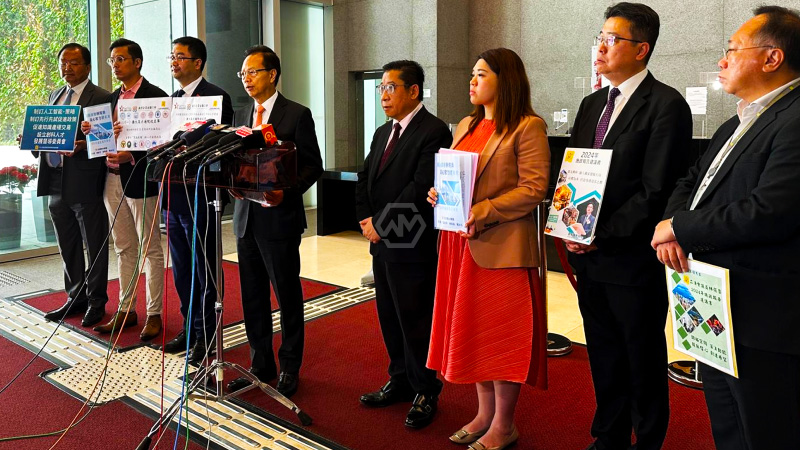- Lawmakers propose elevating e-sports to “elite sport” status.
- The gaming sector is projected to significantly boost Hong Kong’s economy.
- Emphasis is also placed on using intangible heritage to promote tourism.
Hong Kong lawmakers are pushing for the inclusion of e-sports in the city’s elite sports category, advocating for enhanced recognition and support for the industry. Lawmaker William Wong stressed that e-sports’ success, exemplified by a silver medal.
Hangzhou Asian Games, warrants a shift in public perception and government policy. He highlighted the sector’s potential economic impact, with predictions of rising revenue over the coming years.
Lawmakers Push for E-Sports Recognition and Cultural Tourism in Hong Kong
In addition to e-sports, there are calls to leverage Hong Kong’s intangible heritage for tourism growth. Lawmaker Andrew Lam suggested revitalizing the countryside and villages to provide visitors with a deeper cultural experience. These proposals are part of a broader strategy to enhance Hong Kong’s economic and cultural landscape as Chief Executive John Lee prepares for his policy address in October.
Economic projections suggest that the gaming industry could substantially increase its revenue, from US$1.4 billion in 2022 to US$1.8 billion by 2027. Alongside these efforts, lawmaker Andrew Lam is pushing for the use of Hong Kong’s intangible heritage to enhance tourism. By focusing on the conservation of rural areas and village revitalization, Lam believes the city can offer visitors a richer cultural experience, complementing its bustling urban attractions.
These recommendations are expected to be considered by Chief Executive John Lee in his forthcoming policy address. The proposals reflect a broader vision for leveraging both modern and traditional assets to drive Hong Kong’s economic and cultural development.
The call for recognizing e-sports and utilizing cultural heritage highlights a multifaceted approach to Hong Kong’s growth strategy. As policymakers prepare for the upcoming address, these initiatives could play a crucial role in shaping the city’s future.
“We have been doing well in the Asian Games… but when we do our research, we’ve realised that the parents are actually undermining a little bit about the potential of the sport itself.”



